
Deputy Minister of Industry and Trade Nguyen Hoang Long shared that Vietnam has implemented many national development solutions, while responding to the global context, requirements, and common trends, realizing the commitment to achieve zero net emissions by 2050.
In the journey of sustainable energy transition, Vietnam sets out three important orientations, the first of which is innovation in the energy sector.
This process will be implemented synchronously and drastically, from the development and promulgation of policies, solutions and tools for implementation to the mobilization of domestic and international resources...
Investing heavily in research and development of truly revolutionary technologies is the “key” to unlocking and overcoming challenges in efficient and sustainable energy transition.
In addition, the use of artificial intelligence (AI) technology, smart grids, battery energy storage systems (BESS), hydrogen energy... is becoming a new trend, helping to optimize performance and reduce costs.
However, for real innovation to take place, strong policy support is needed, including financial incentives and intellectual property protection for breakthrough initiatives.

The second orientation is the public-private partnership model and international cooperation. In which, public-private partnership is a bridge for both sides to share resources, minimize risks and expand the scale of implementing sustainable energy solutions.
Through international cooperation mechanisms and initiatives such as P4G, Vietnam shares and learns many experiences and accesses financial resources, especially global green financial resources, to meet sustainable development goals.
The final direction is people-centered. Vietnam has made great efforts to ensure that energy transition solutions not only serve large cities but also reach remote, mountainous and island areas. Renewable energy projects, grid projects and rural electrification have helped hundreds of thousands of households improve their quality of life.
At the discussion session, domestic and international speakers discussed innovative solutions and the application of new technologies to increase efficiency and sustainability in energy development and use.
P4G members also highly appreciate Vietnam's orientations and viewpoints in the energy transition process.

Mr. Leonardo AA Teguh Sambodo, Deputy Director General of the Food, Natural Resources and Environment Department, Ministry of Planning and Investment of Indonesia, said that the discussion topic is closely aligned with Indonesia's strategy and global efforts to manage and promote an efficient and equitable energy transition.
For Indonesia, the energy transition becomes a key driver to achieve the Indonesia Gold 2045 target through a green, low-carbon and climate-resilient economy.
Indonesia is currently aiming to accelerate renewable energy, expand the electricity grid, promote green transport, promote bioenergy and apply advanced technologies in hard-to-mitigate areas.
The strategy adapts to local energy potential and infrastructure, starting in high-demand areas and gradually expanding renewable energy penetration nationwide.
“The implementation will be supported by various strategies to leverage advanced technologies, adopt international best practices and strengthen public-private partnerships,” said Leonardo AA Teguh Sambodo.
From a local perspective, Mr. Trinh Minh Hoang, Vice Chairman of Ninh Thuan Provincial People's Committee, informed about the potential, strengths and preferential policies for investment cooperation in the field of renewable energy in the province.
Ninh Thuan has been taking new directions and making strong changes in socio-economic development, one of the breakthroughs of which is to build Ninh Thuan into the country's renewable energy center.
Up to now, there are 57 renewable energy projects in the province, with a total capacity of 3,749.942 MW, the total annual electricity output to the national power system is estimated at 8.7 billion kWh, accounting for 6.69% of the total renewable energy output of the country (130 billion kWh).
Source: https://hanoimoi.vn/doi-moi-sang-tao-chia-khoa-mo-cua-vuot-qua-thach-thuc-trong-chuyen-doi-nang-luong-699271.html



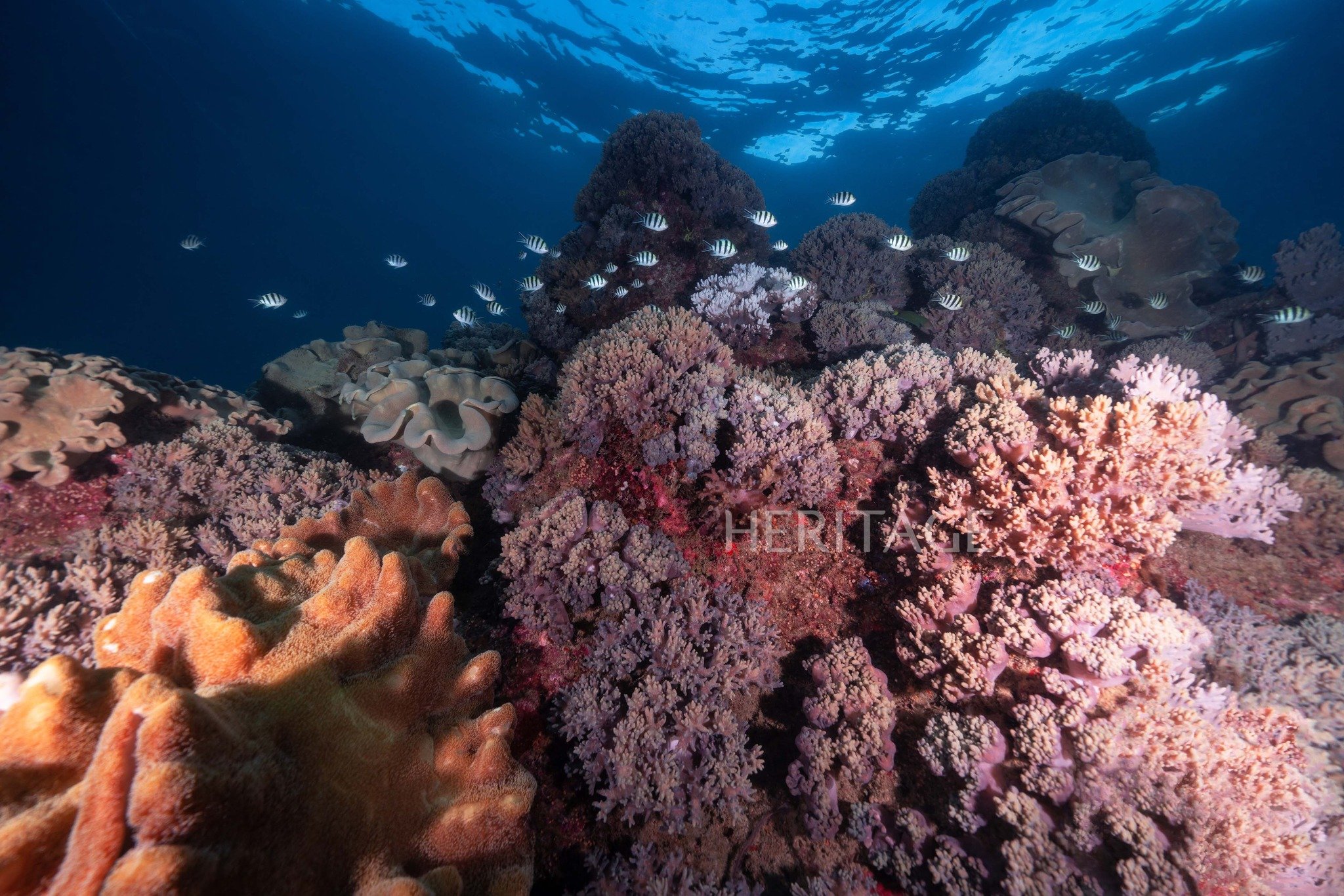



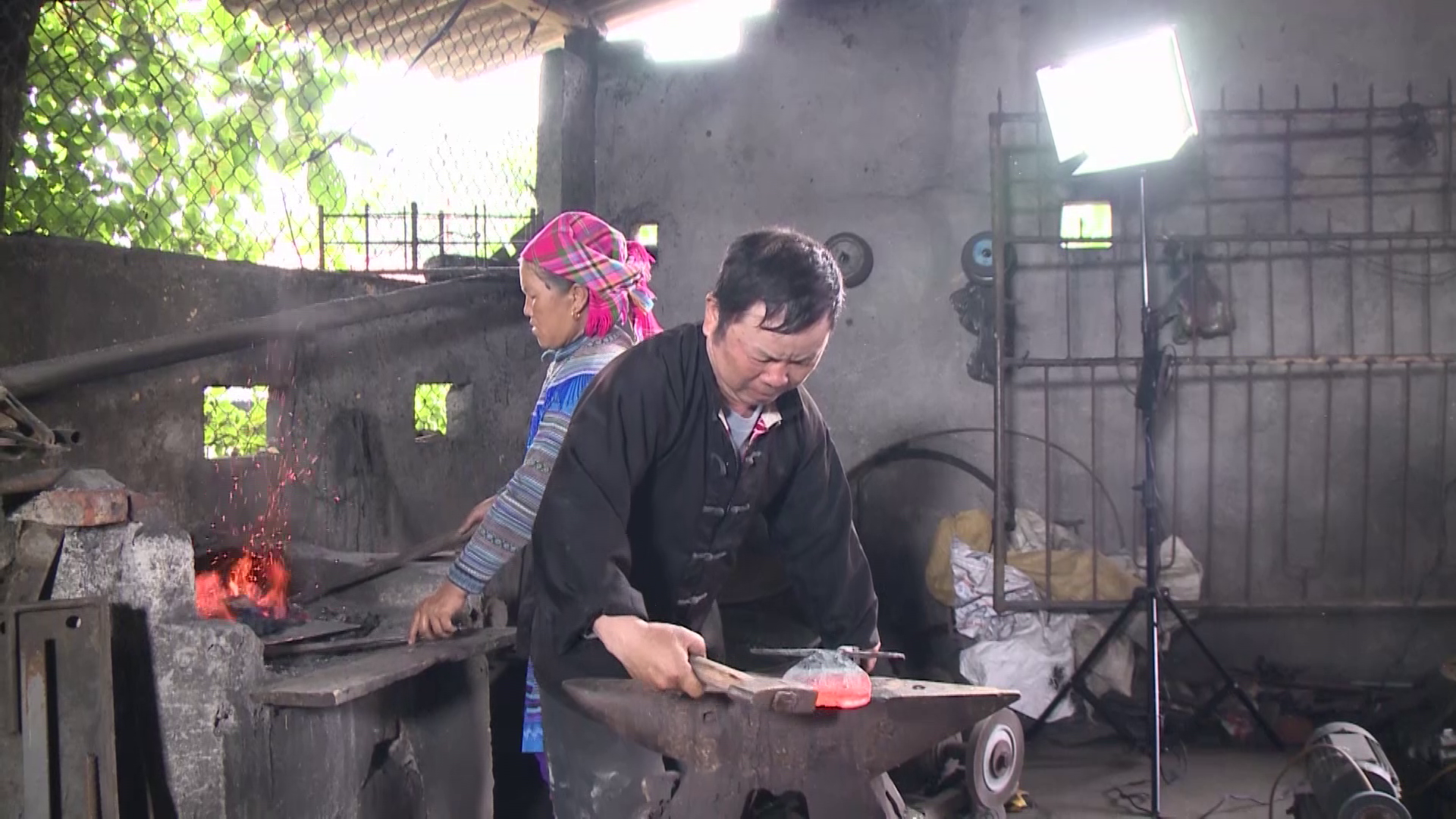
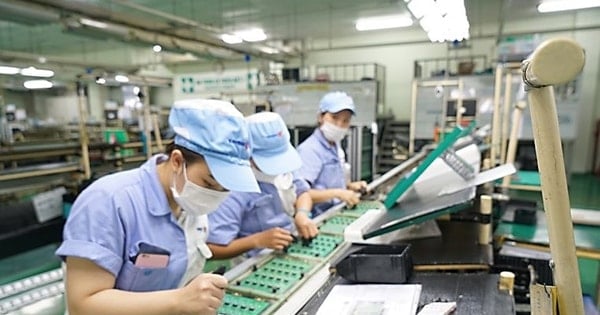
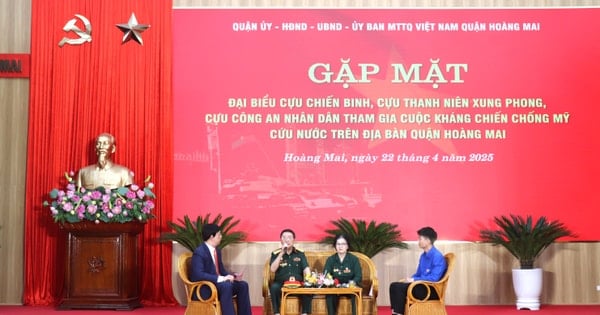
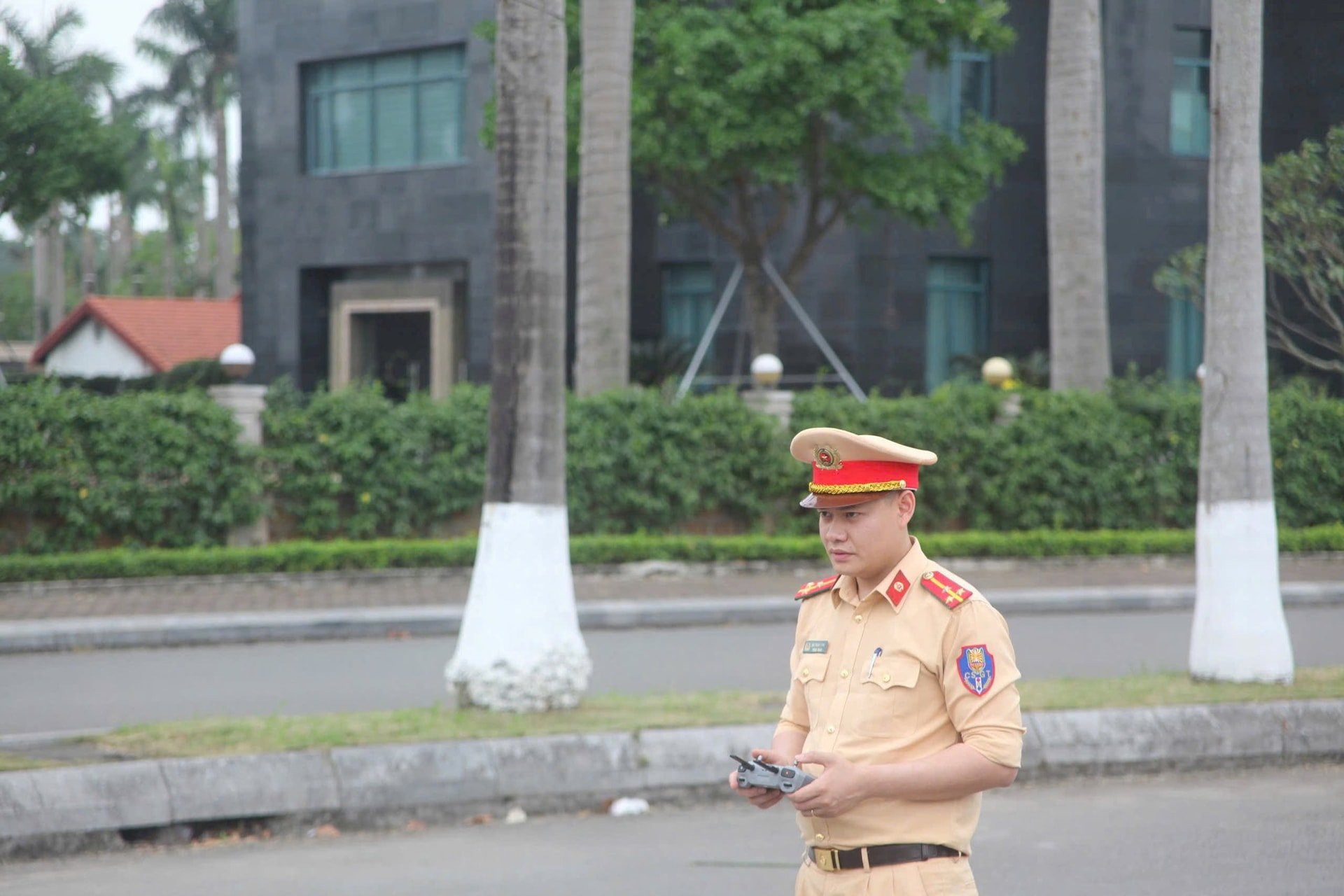
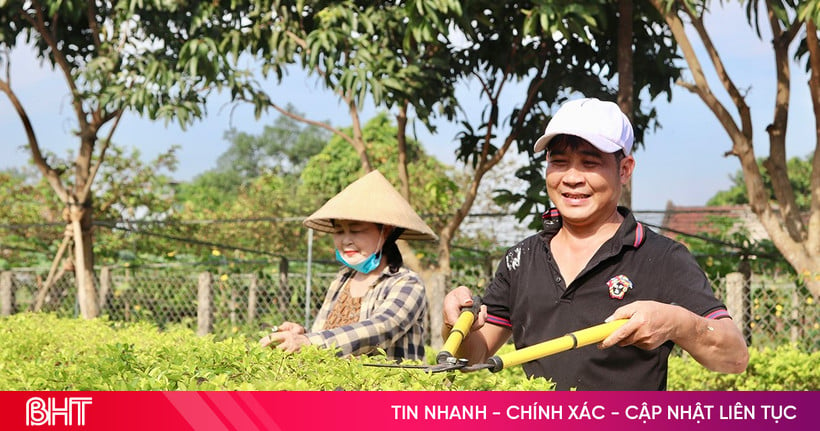
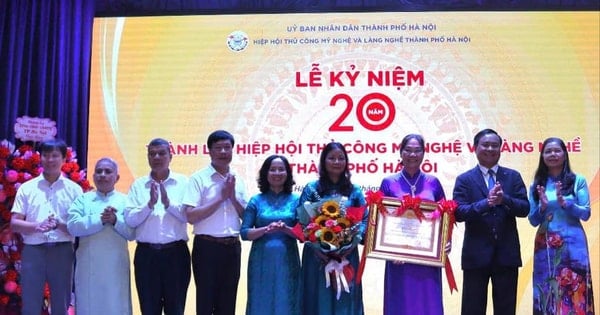
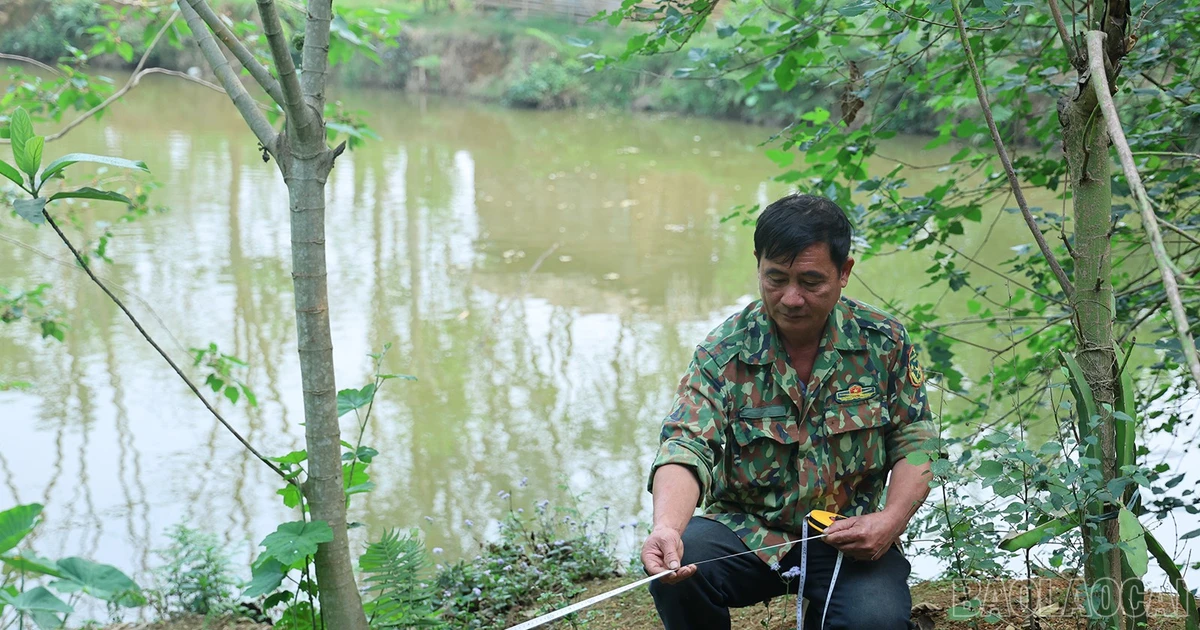

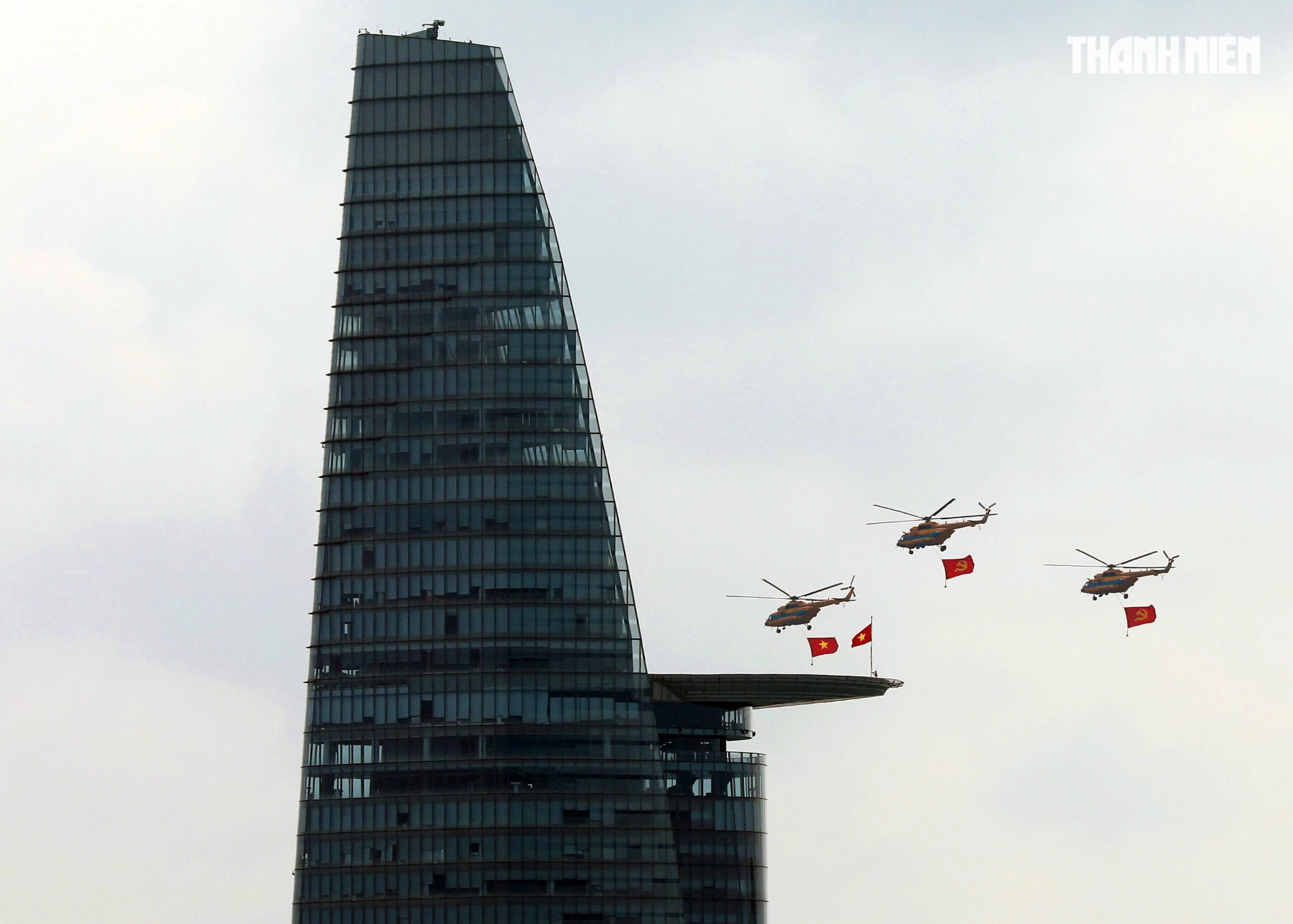

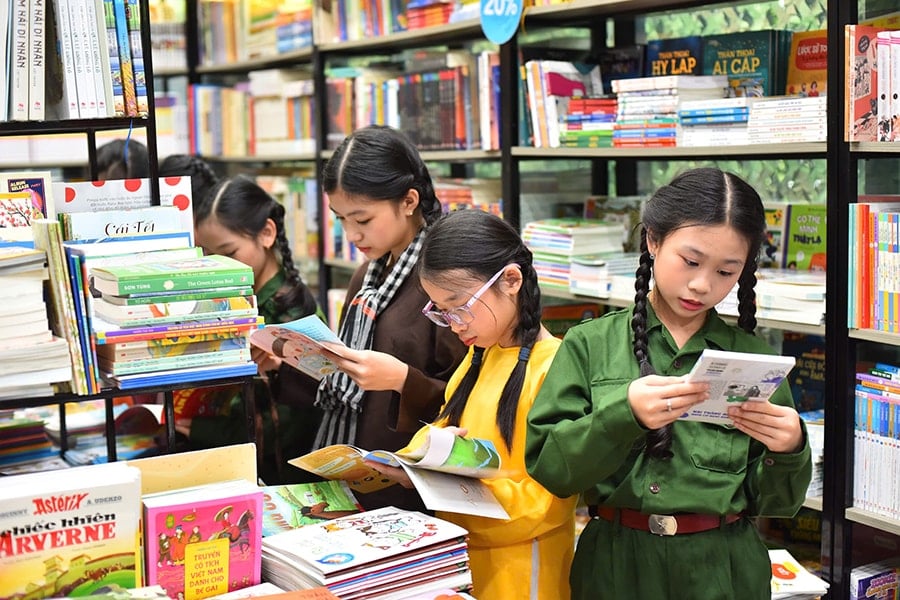
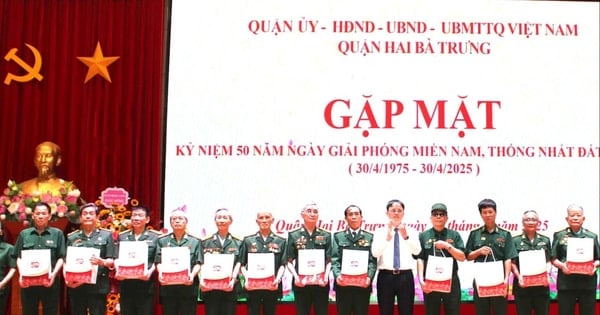
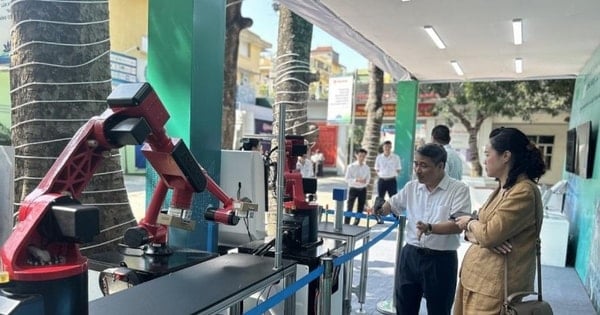
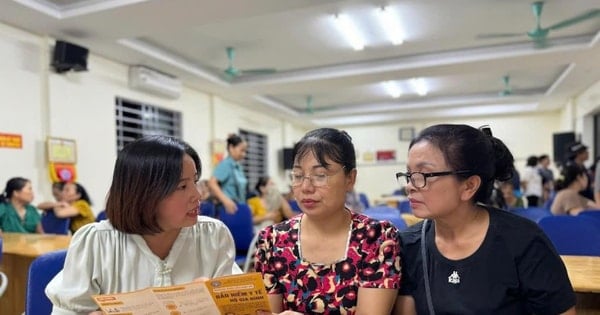




![[Photo] National Assembly Chairman Tran Thanh Man receives Lao National Assembly Vice Chairman Suvon Luongbunmi](https://vstatic.vietnam.vn/vietnam/resource/IMAGE/2025/4/21/fced4939316d4eda89a94ff457019594)
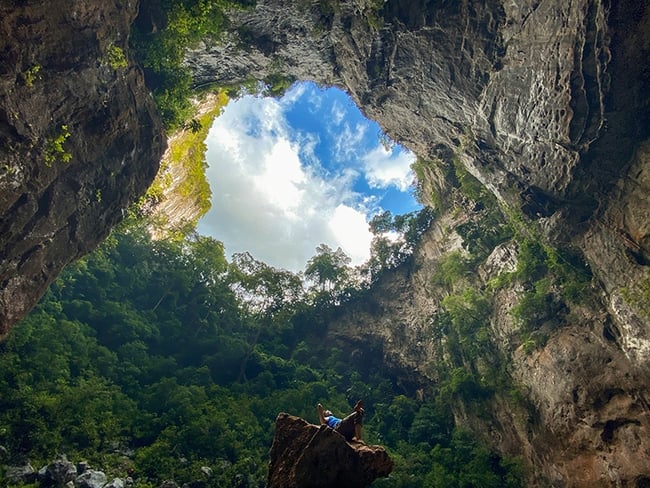



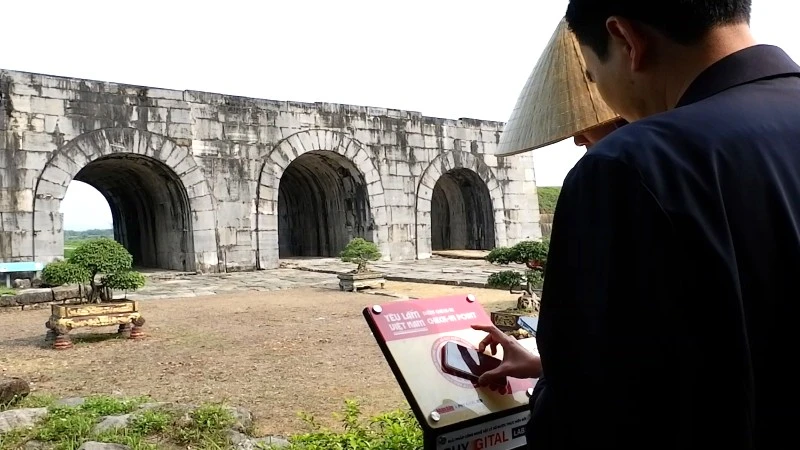

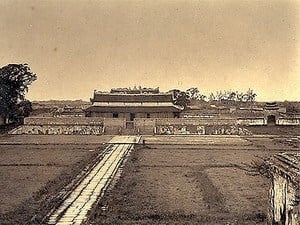


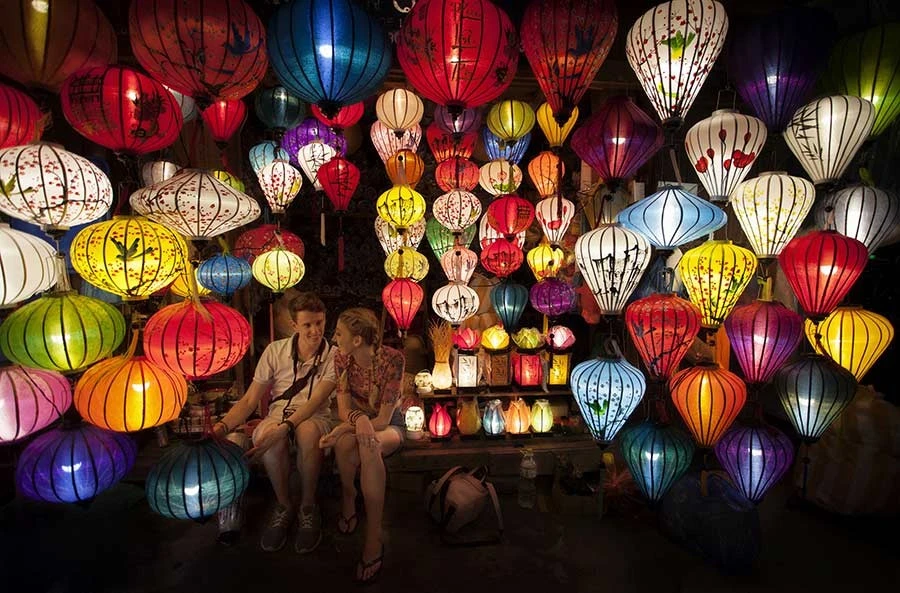

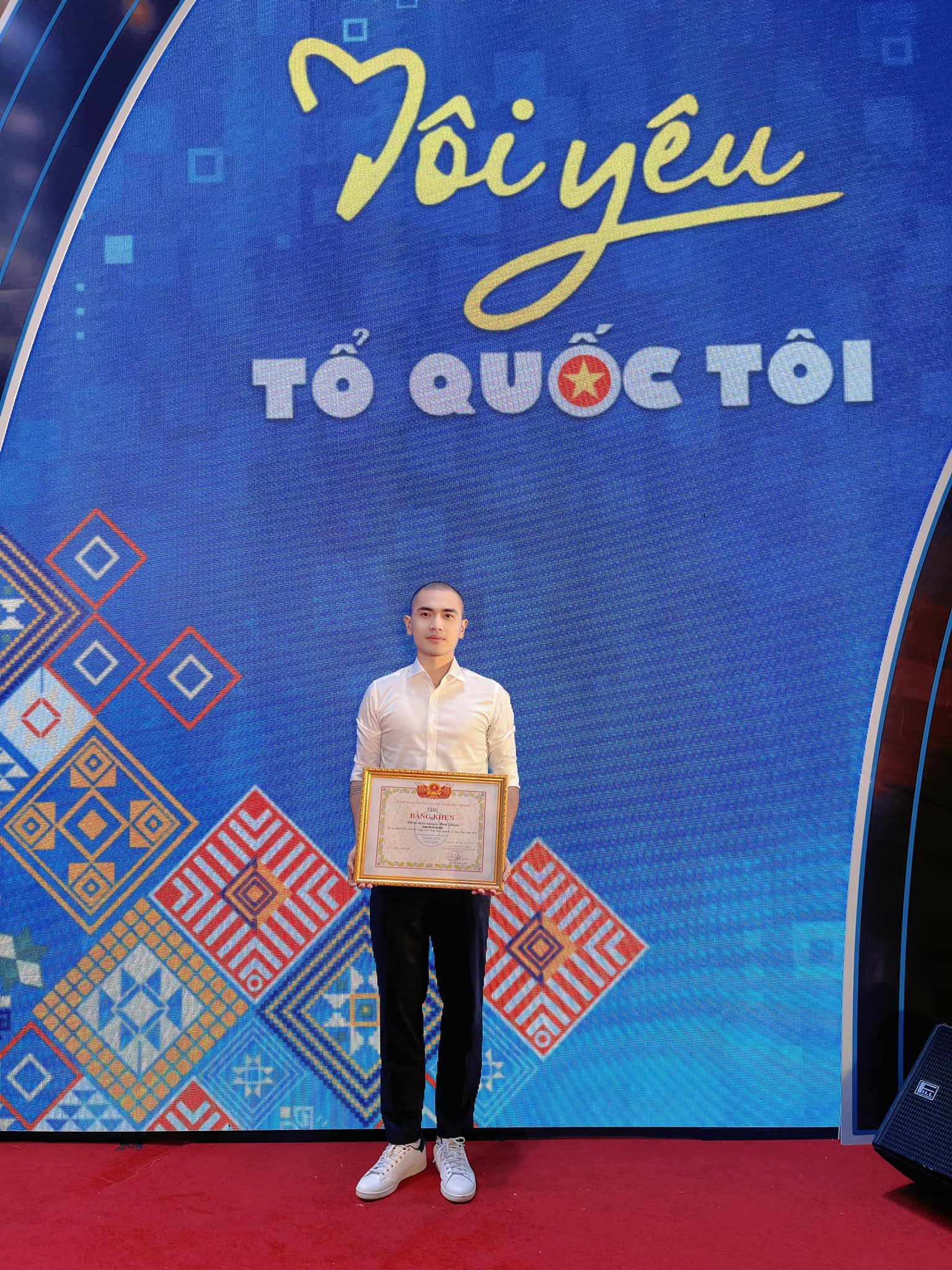
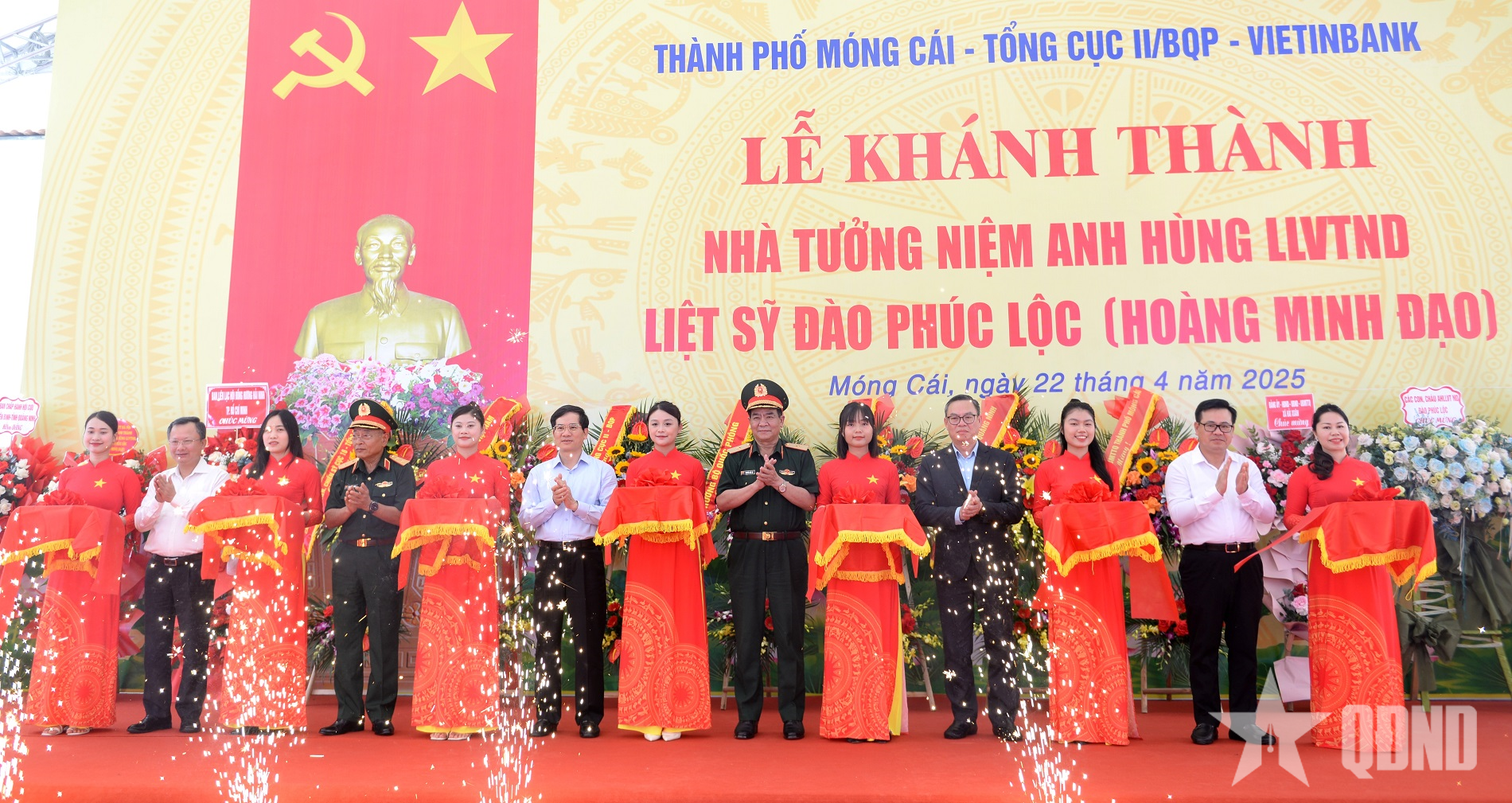

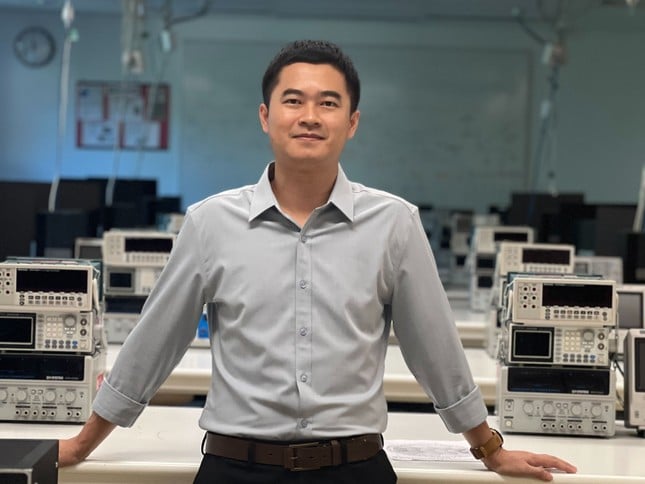





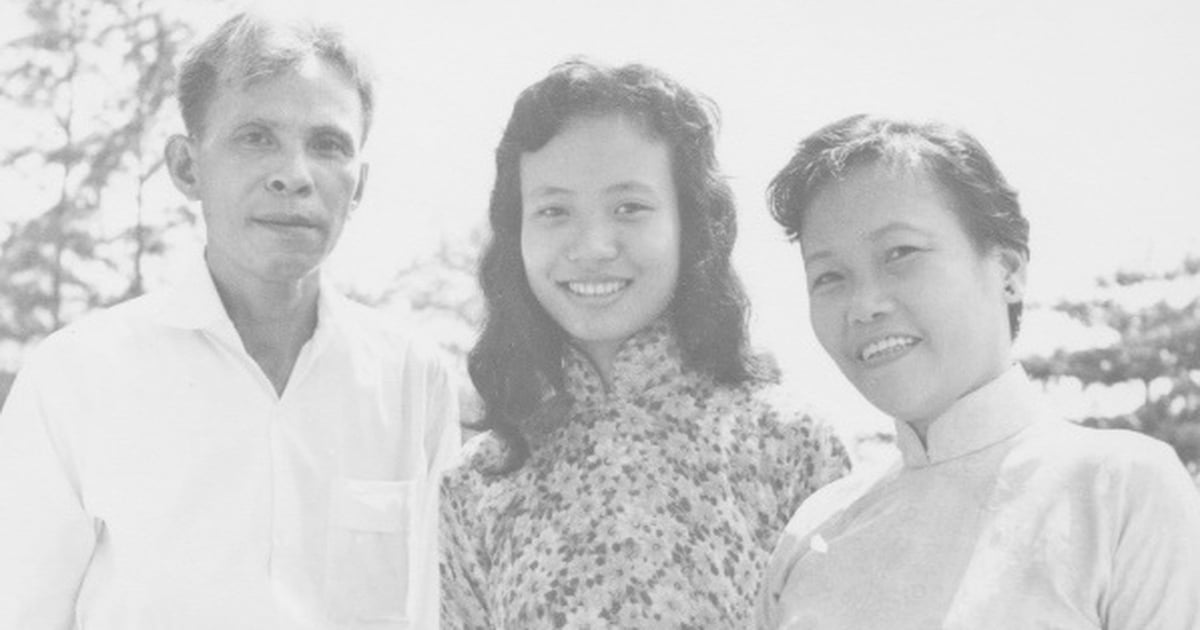

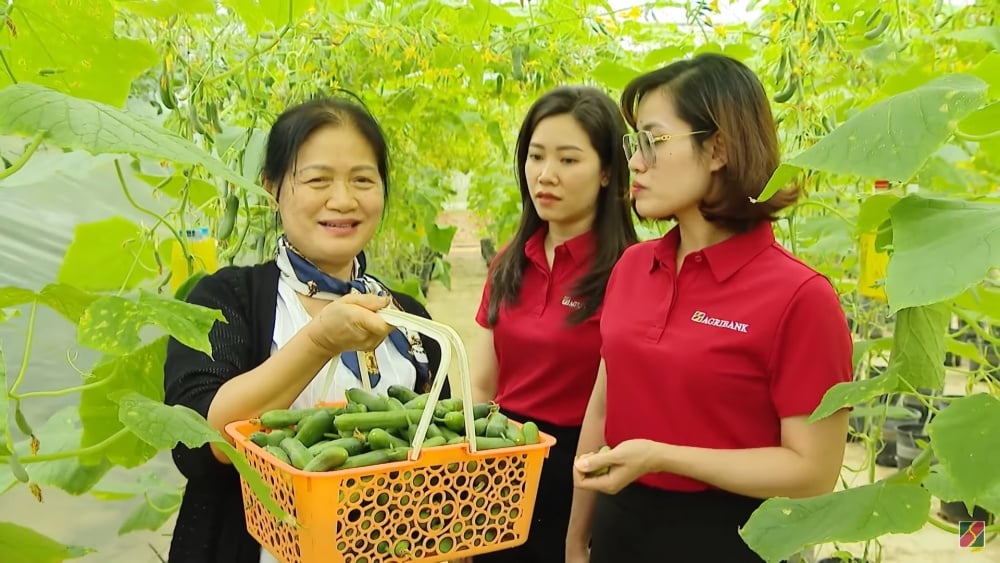



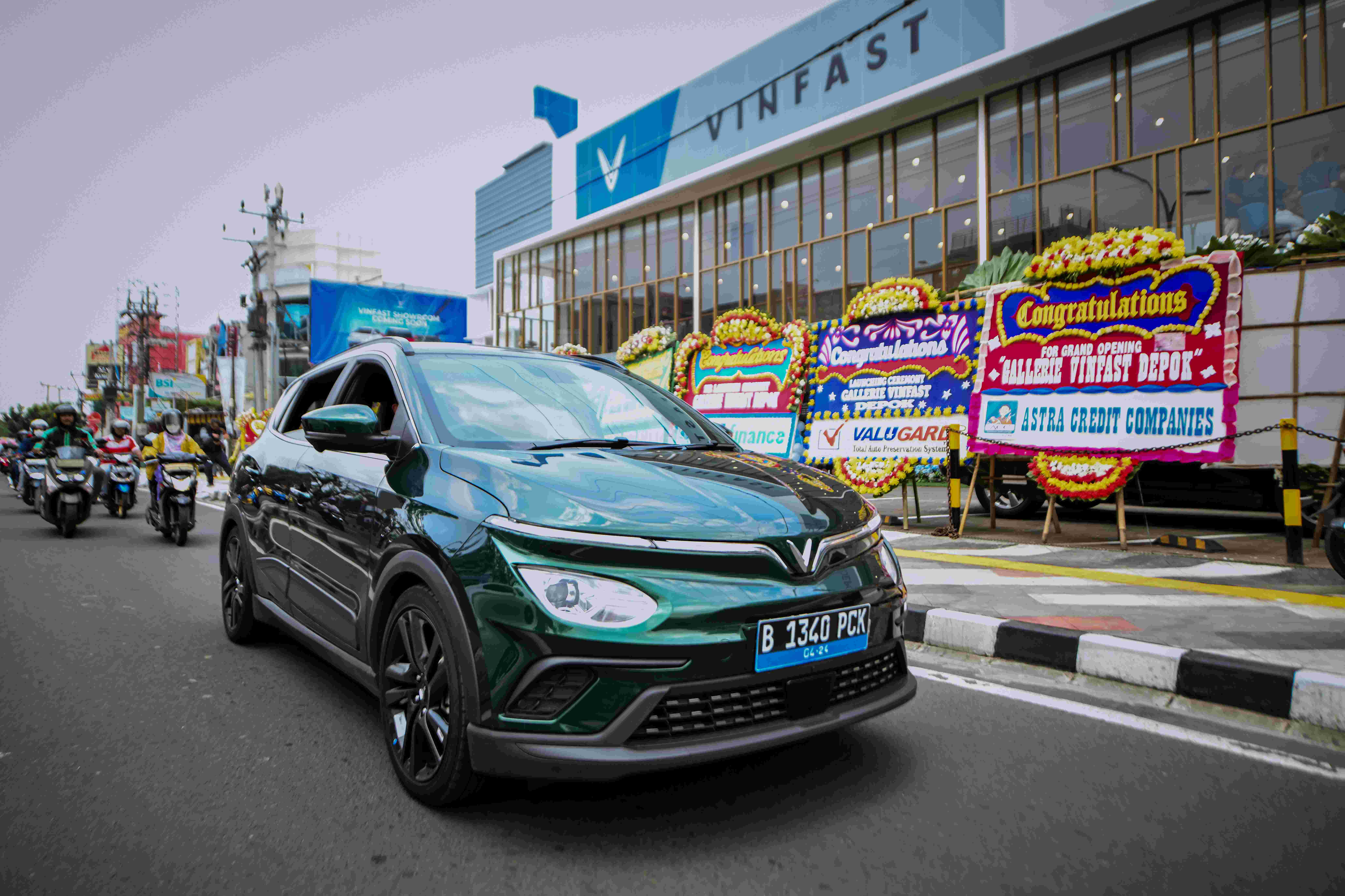
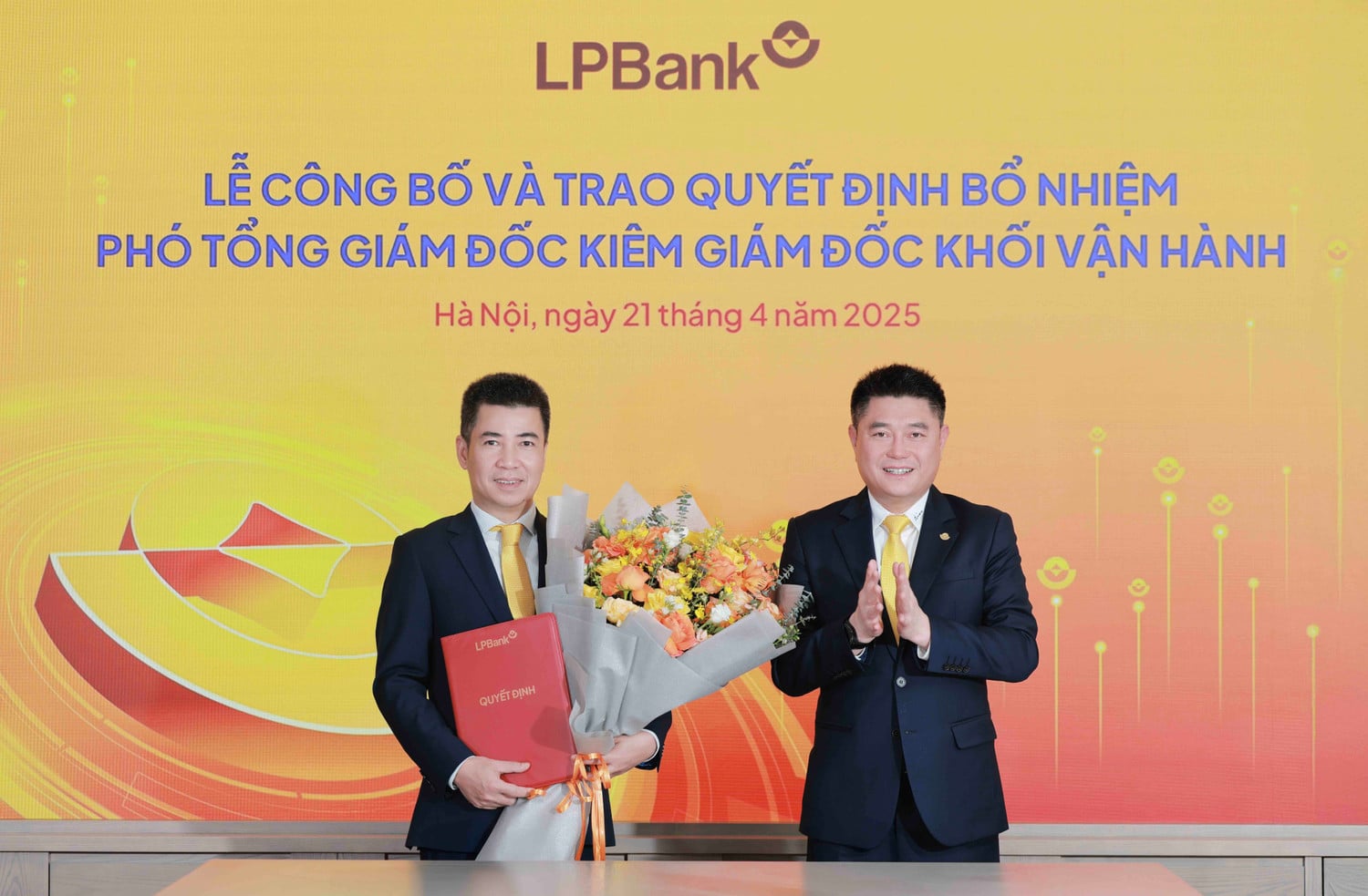

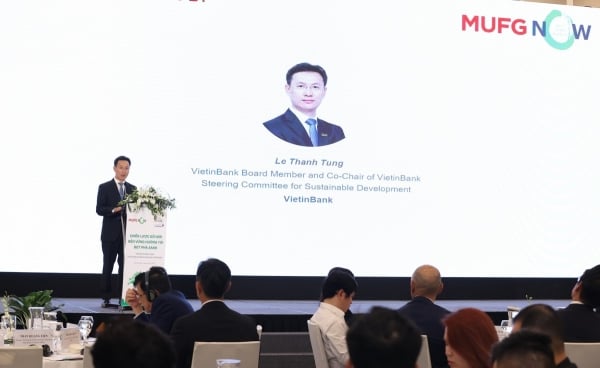


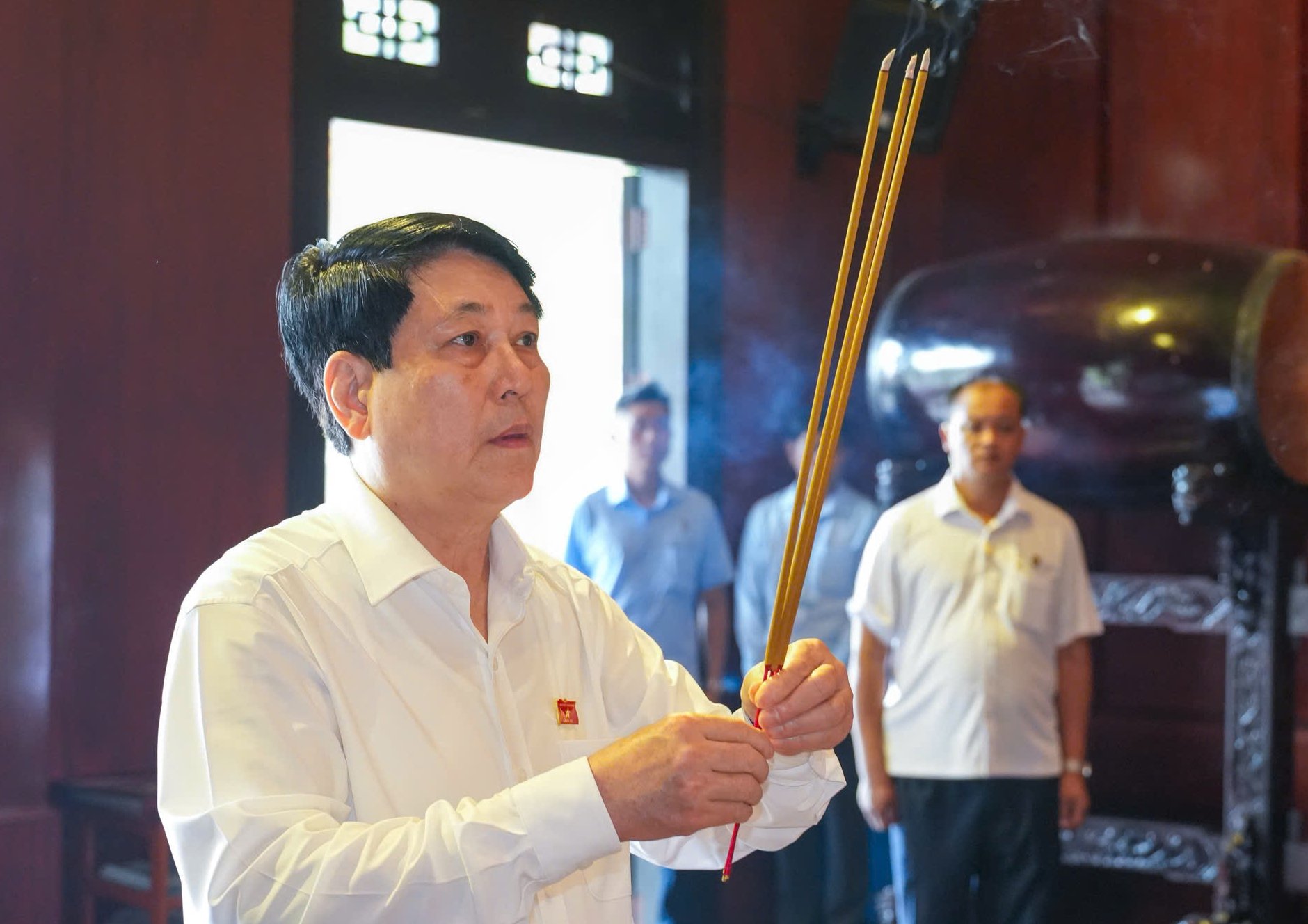

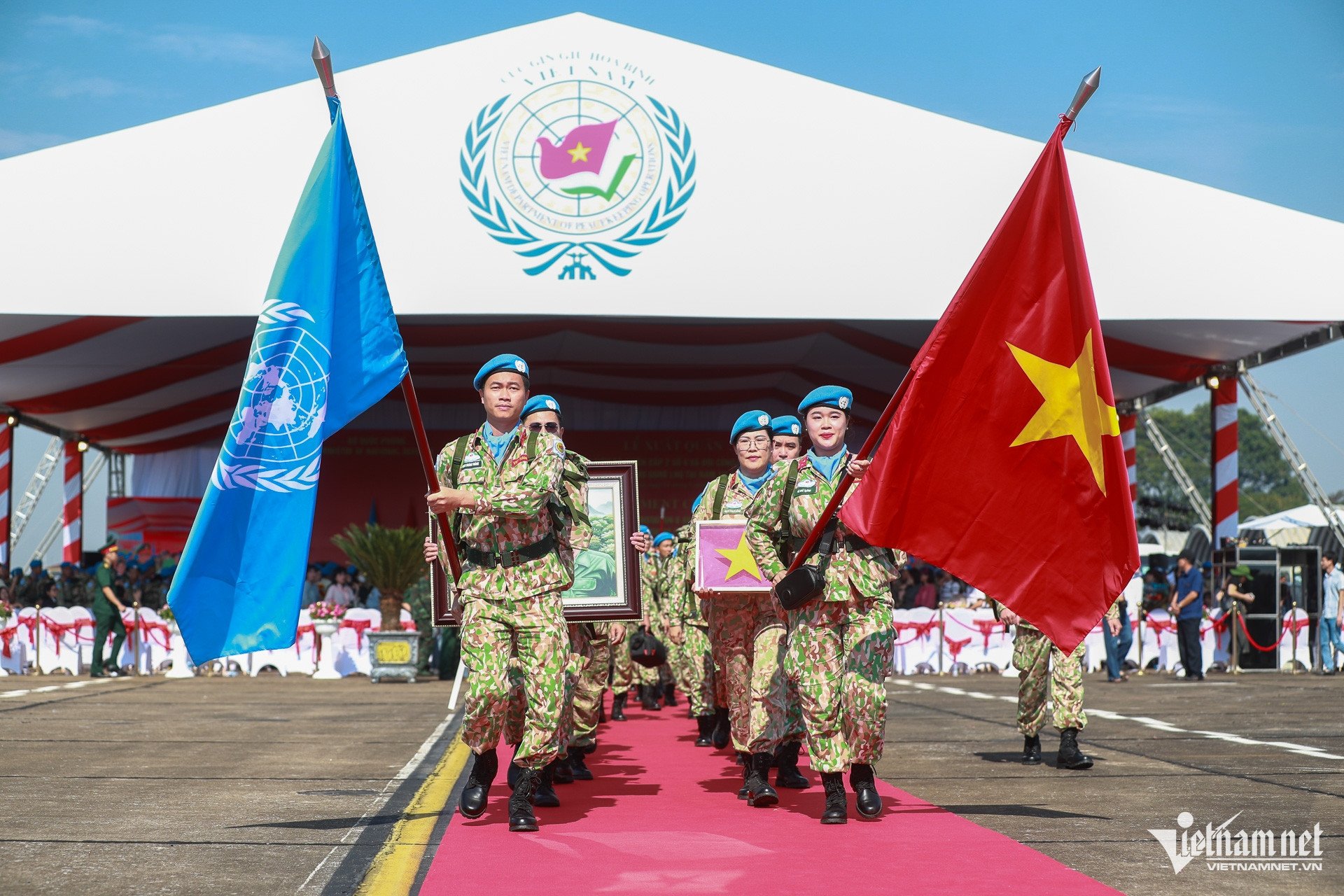
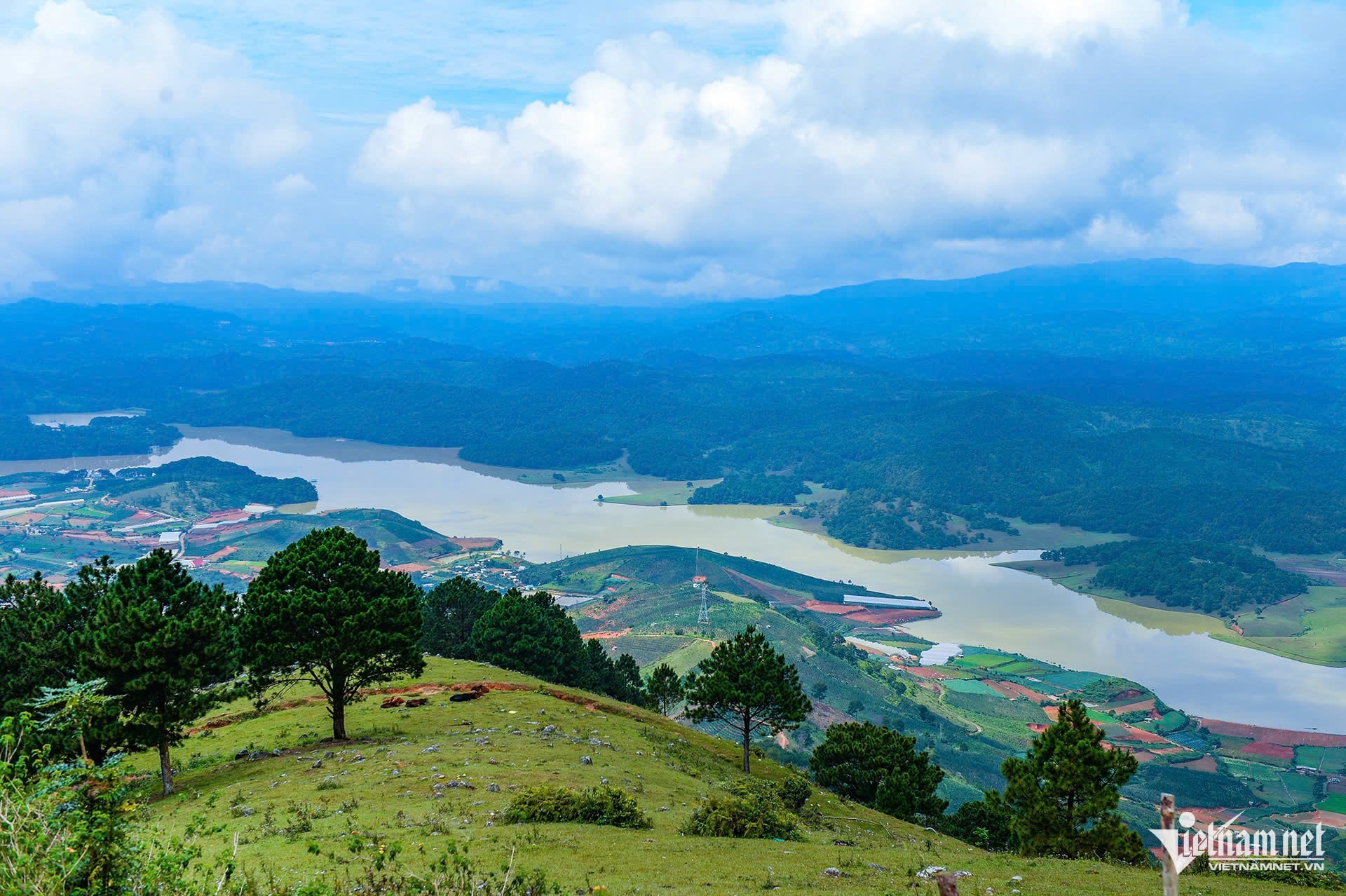
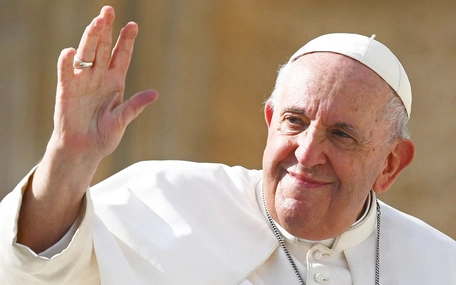
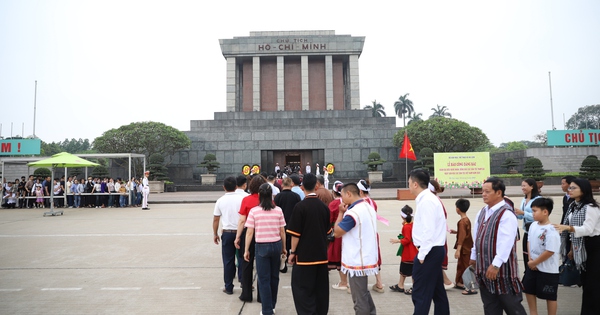

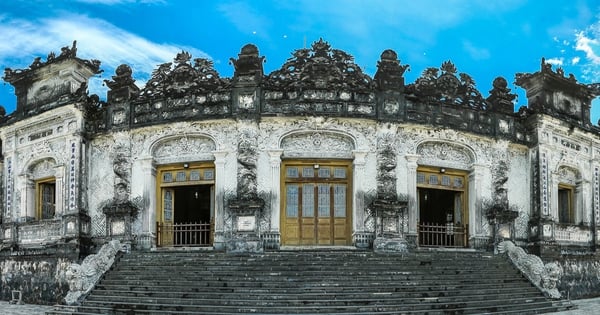
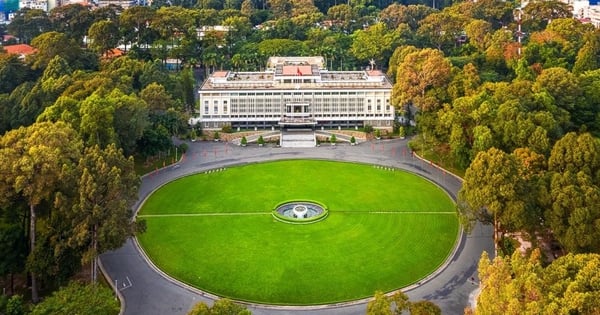
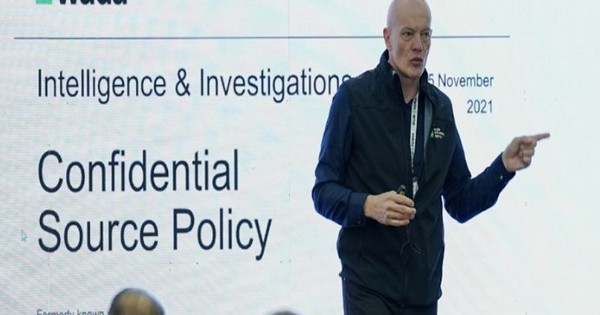



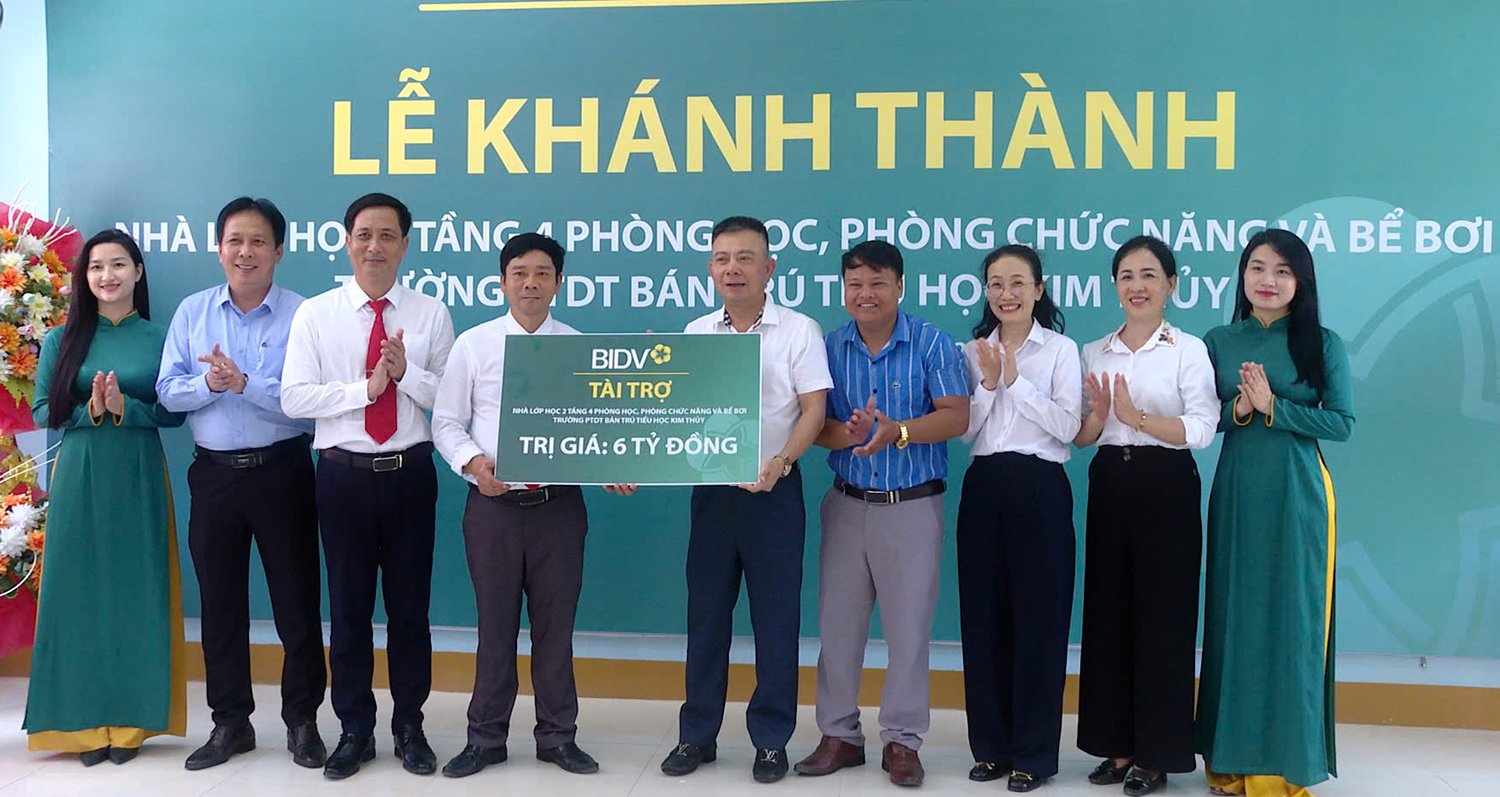

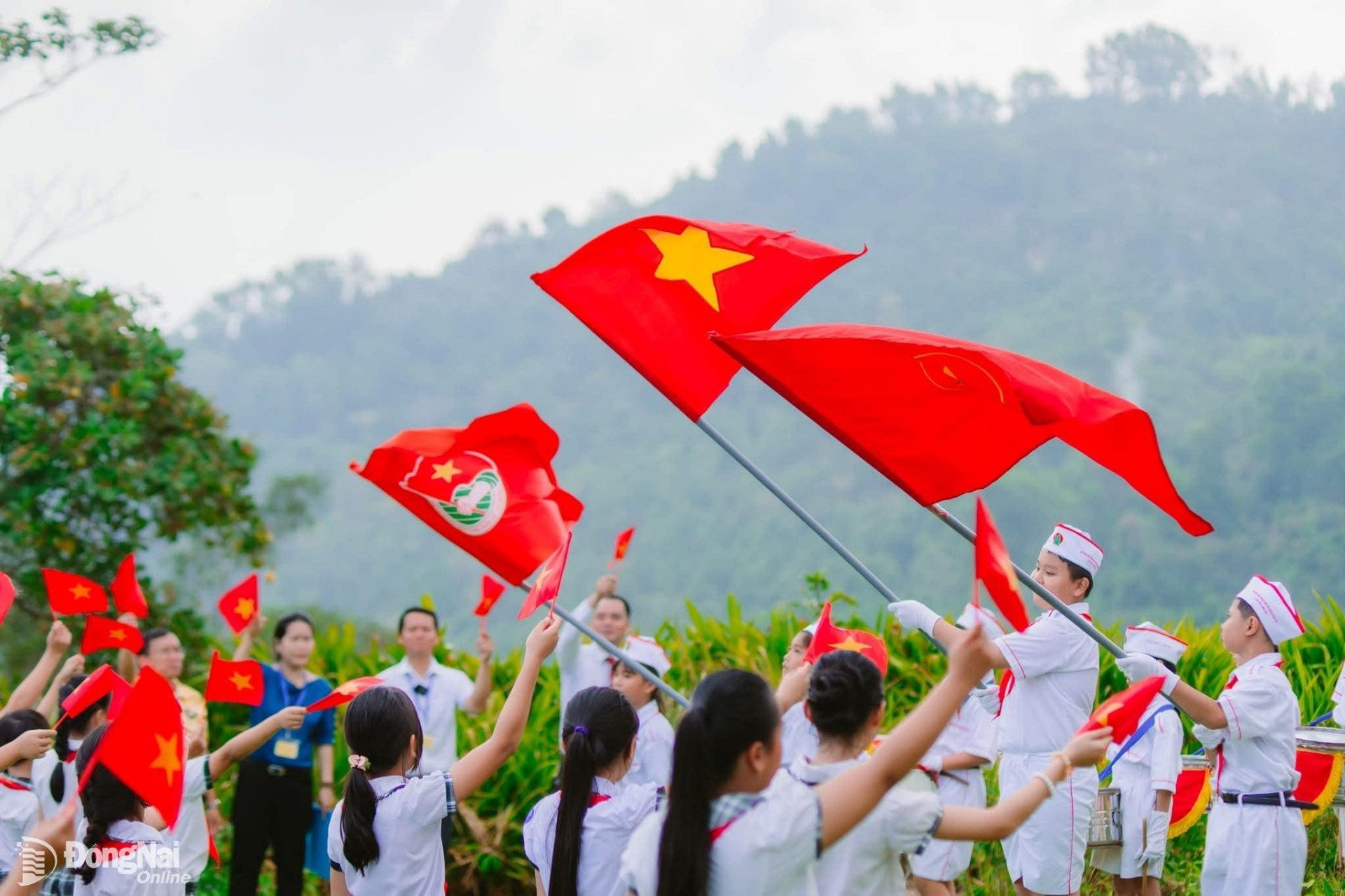

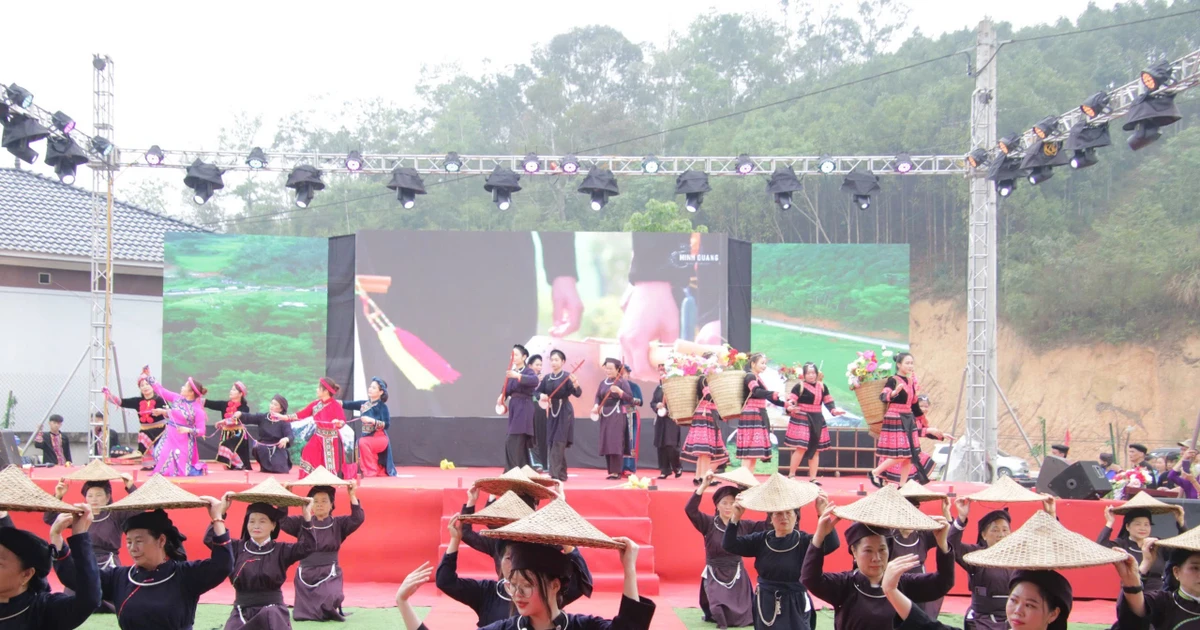

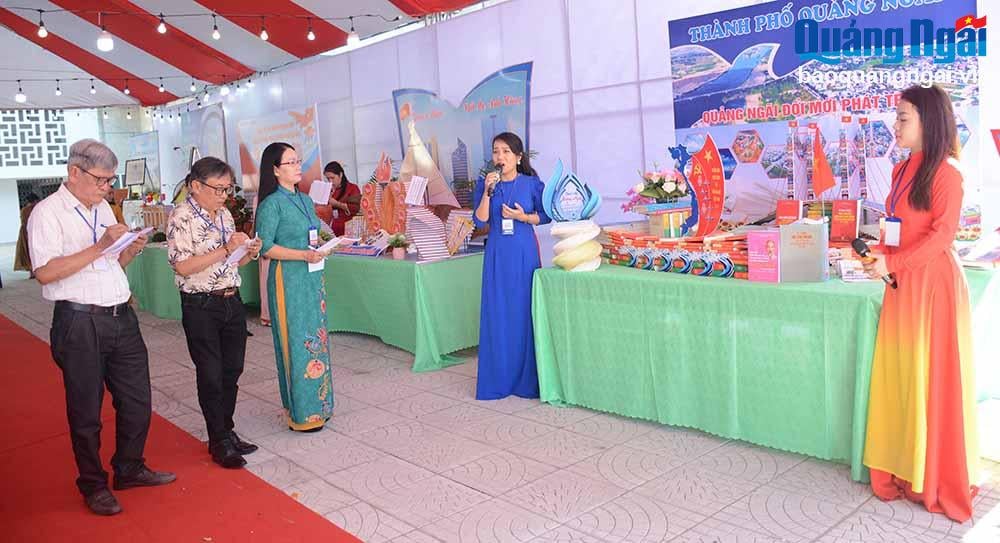

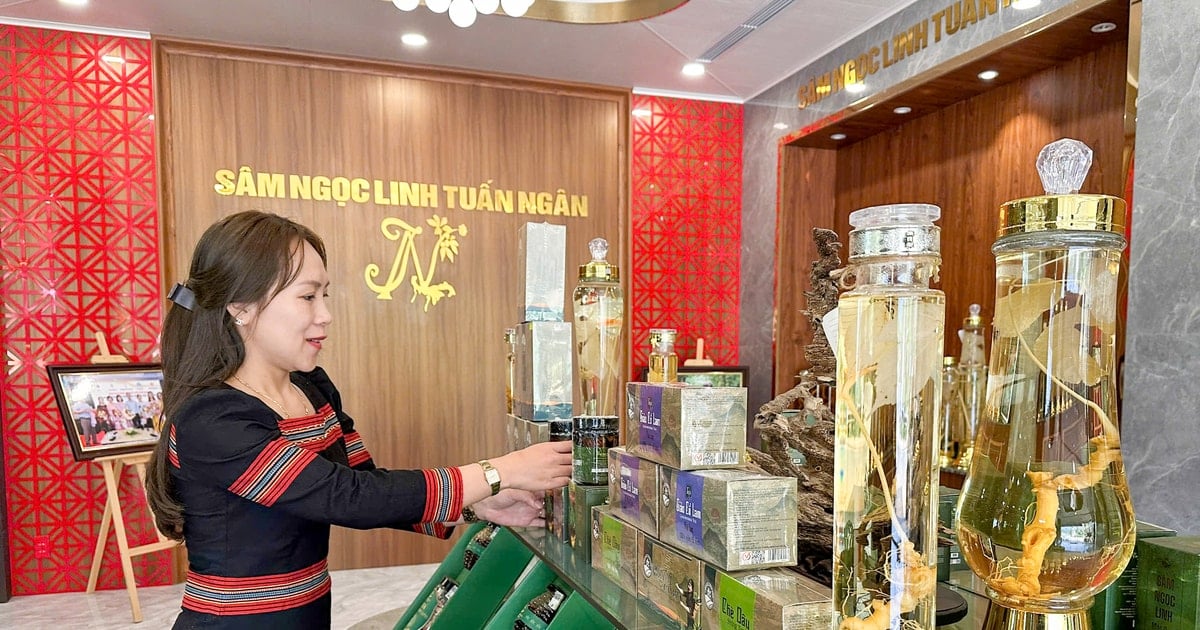

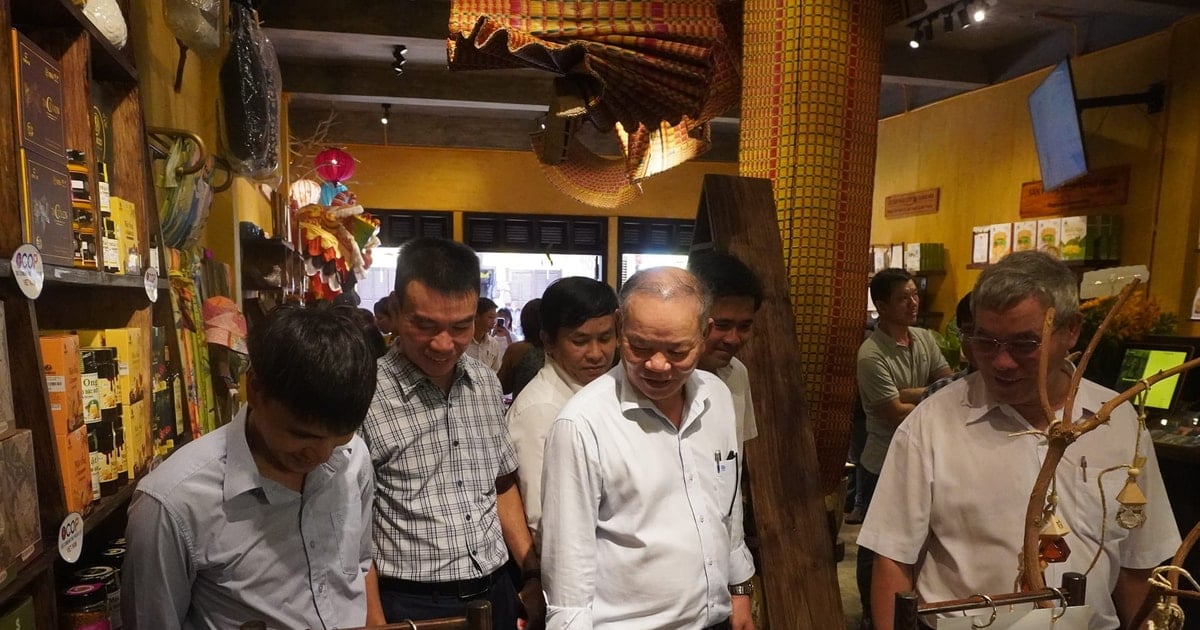


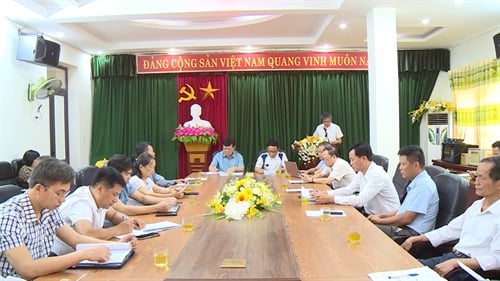

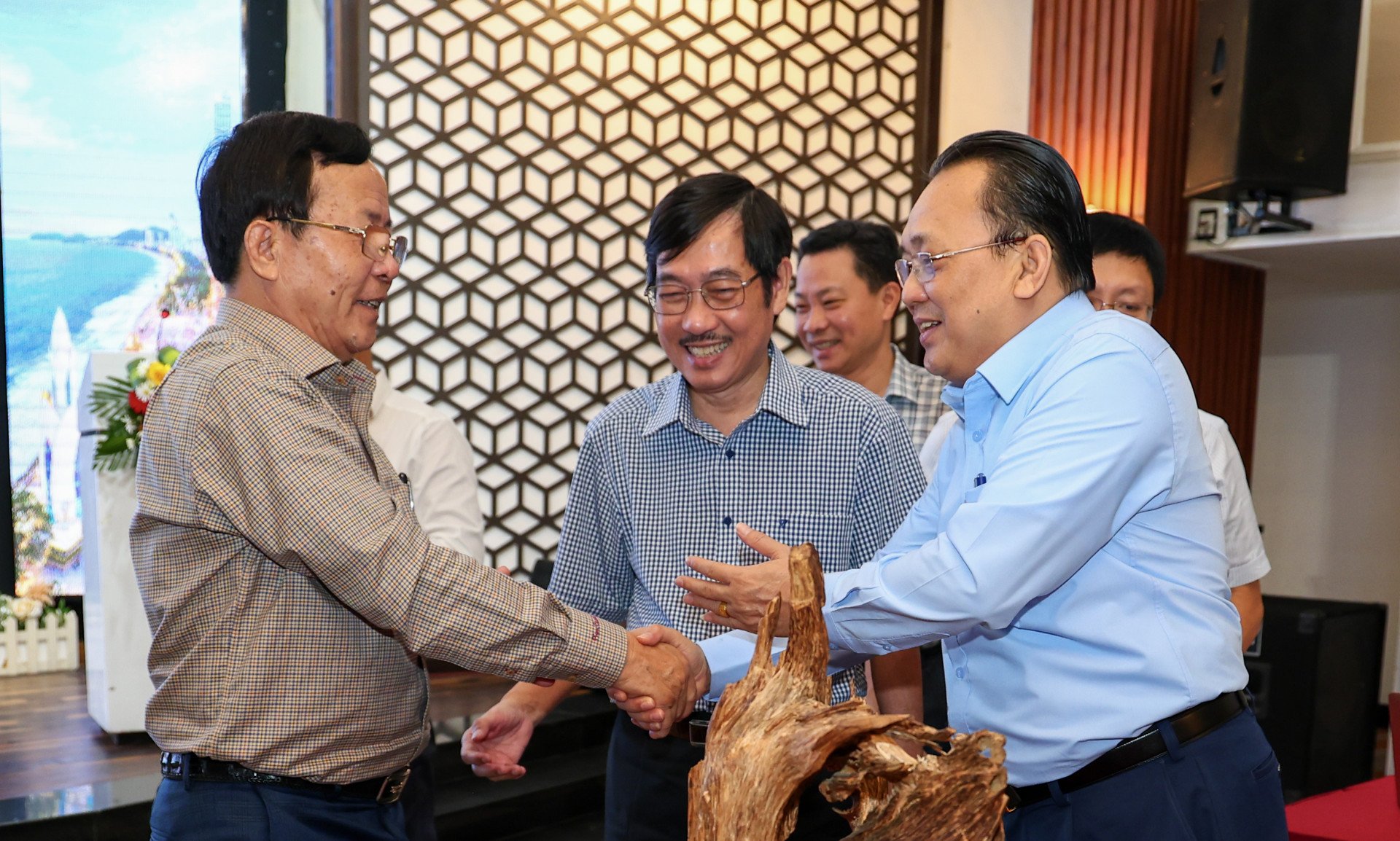

Comment (0)